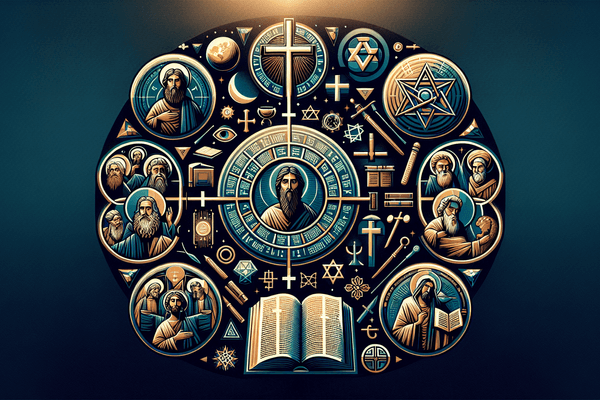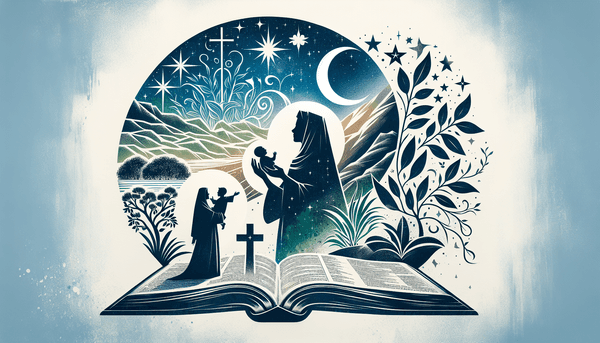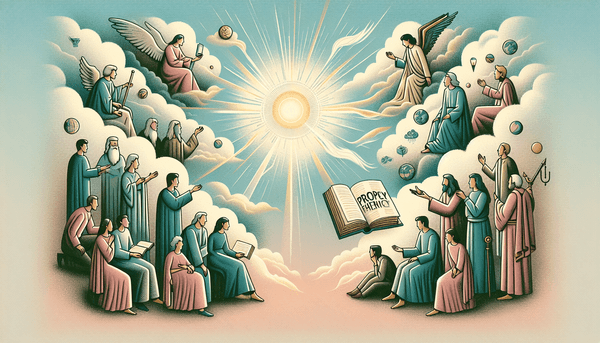The Significance of the Koran in Islam
The Koran, also spelled Quran, is the central religious text of Islam, which Muslims believe to be a revelation from God. It is widely regarded as the finest work in classical Arabic literature. The Koran serves as a comprehensive guide for personal conduct, legal philosophy, and spiritual growth for Muslims. It's often compared to the Bible, which serves a similar role in Christianity, as the primary source of religious authority. However, unlike the Bible, which encompasses a variety of genres and authors, the Koran is believed to be the verbatim word of Allah, as revealed to the Prophet Muhammad. The reverence for the Koran in Islamic practice underscores its profound role in shaping the lives of its adherents.
The Story of Moses and the Burning Bush: Acts 7:33
The story of Moses at the burning bush, as recounted in Acts 7:33, is a pivotal moment in Biblical history, marking God's powerful intervention in the life of His chosen prophet. 'Take off your sandals, for the place where you are standing is holy ground,' God commands Moses. This passage is part of Stephen's defense before the Jewish Sanhedrin, where he uses the history of the Israelites to demonstrate God's enduring presence and guidance. As Stephen speaks, he connects Moses' divine encounter with the broader narrative of God's faithfulness to His people, from Abraham to Jesus. The burning bush event is not only a turning point for Moses but also a testament to the reality that God speaks to and guides individuals throughout scripture, from the Old Testament patriarchs to the leaders of the early church.
Circumcision in Biblical and Contemporary Context
In the book of Genesis, circumcision is established as a sign of the covenant between God and Abraham's descendants (Genesis 17:10-11). However, in the New Testament, the apostle Paul provides a nuanced view, suggesting that physical circumcision is not necessary for salvation (Galatians 5:6). He emphasizes the importance of 'keeping God's commands' over ritualistic practices (1 Corinthians 7:19). Throughout different Christian denominations today, the practice of circumcision varies, with Orthodox Christianity focusing on the spiritual circumcision of the heart, as mentioned by Paul in Romans 2:29. This concept signifies an internal commitment to God's will, surpassing outward religious symbols.
FAQ
Q: What is the Koran?
A: The Koran, also spelled Quran, is the holy scripture of Islam, believed to be the word of God as revealed to the Prophet Muhammad.
Q: Could you explain orthodoxy in simple terms?
A: Orthodoxy refers to the traditional or correct way of believing and practicing a religion. In Christianity, it relates to the beliefs based on the teachings of Jesus and the early church, often associated with the Eastern Orthodox Church.
Q: What is the significance of Acts 7:33?
A: Acts 7:33 is part of Stephen's speech before the Sanhedrin, where he recounts the story of Moses and the burning bush to illustrate God's continuous guidance.
Q: Are Orthodox Christians circumcised?
A: Generally, Orthodox Christians do not practice circumcision as a religious requirement, emphasizing spiritual transformation over physical rituals.






